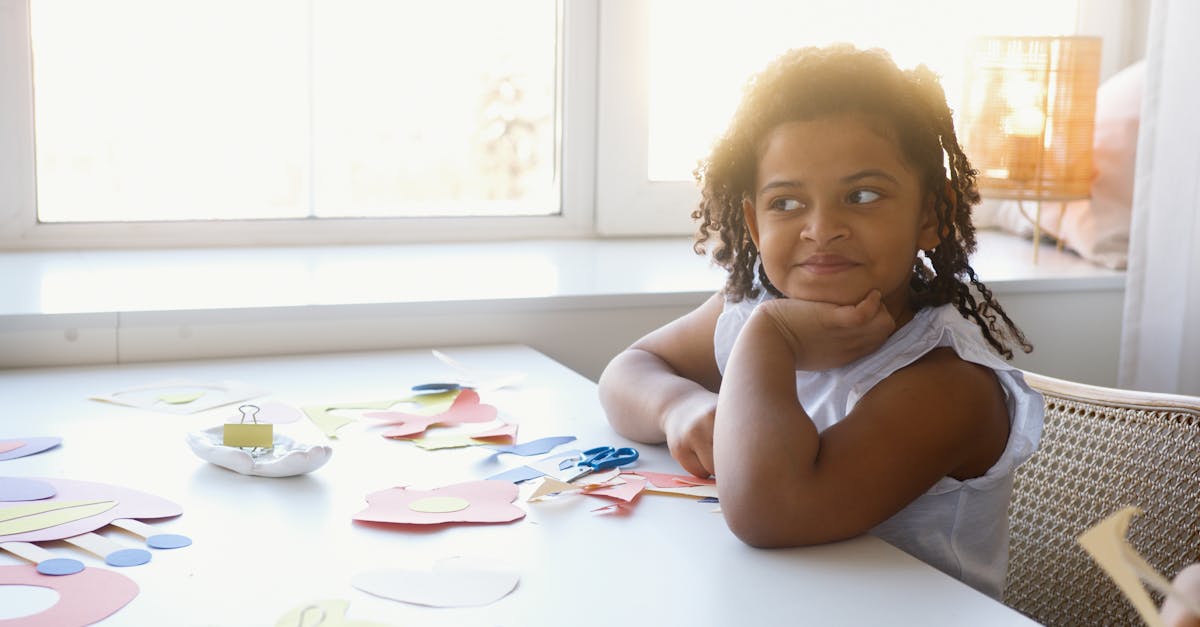Why Teach Responsibility Early?
Why should we teach responsibility early to our little ones? Well, imagine your preschooler helping you prepare a small salad. It could be a fun attempt at slicing a tomato with more tomato squirting everywhere than landing on the plate. Yet, this small act imbues a sense of responsibility and accomplishment.
Teaching responsibility early is essential in laying the foundation of a well-rounded Christian character. By integrating this essential value through engaging activities and simple tasks, we plant seeds of accountability, making chores not just bearable, but enjoyable!
Incorporating Fun in Responsibility
What better way to guide them than with an approach that brings together faith, responsibility, and fun? Remember, those little moments of spilled tomato juice will shape responsible grown-ups tomorrow.

Key Takeaways
- Engagement: Making chores enjoyable fosters a sense of responsibility.
- Foundation: Early lessons in responsibility contribute to strong character development.
- Integration: Combining faith and fun enhances the learning experience.
Using Bible Stories to Illustrate Responsibility
Pull out that trusty children’s Bible, folks! Using Bible stories to illustrate responsibility offers a spiritual context that both educates and inspires.
Examples of Bible Stories
- The Good Samaritan: This story teaches us responsibility toward others in need.
- Noah’s Ark: A tale that discusses being responsible for God’s creatures.
These stories are rich with lessons that can resonate with young minds when shared creatively. You might consider:
- Acting them out with plush toys.
- Drawing scenes from the stories.
Carving ways to demonstrate responsibility through beloved stories underpins moral principles deeply. For kids, these tales are not just lessons but captivating adventures they could be part of.

Everyday Tasks as Teachable Moments
Transform mundane everyday tasks into fun teachable moments. Let your little one help sort laundry by colors, or maybe take on the mantle of ‘Dish Duty Squire’ with plastic cups. The trick here is to make these tasks seem less like chores and more like engaging missions they’re ready to embark upon with you.
Infuse your directives with comedic, exaggerated language like: ‘Sir Wash-a-lot is on duty for cup clean-up patrol!’ These efforts are golden opportunities for children to learn specifics like:
- Following directions
- Caring for personal belongings
They keep learning and feeling proud of their achievements, even if their excitement results in your favorite mug being dropped once in a while.

Encouraging Responsibility with Fun Activities
Want to make responsibility feel less like work? Utilize fun activities! Creating a tidy-up song can turn cleaning into a wild dance-off. Simple games like ‘Clean-up Treasure Hunt’, where toys are hidden and found, teach responsibility in picking up after playtime.
Here are some engaging ideas to make responsibility enjoyable:
- Tidy-Up Song: Create a fun song that encourages kids to clean up while dancing.
- Clean-up Treasure Hunt: Hide toys and have the kids find them, promoting picking up after playtime.
- Responsibility Chart: Establish a weekly chart where they can place stickers for each task they complete.
Fill the chart with rewards like storytime or favorite snacks, making the sense of accomplishment fun. Through playful challenges, kids get to practice self-discipline and see the rewards of their actions.
In the end, the laughter shared and memories created are priceless, teaching them that with responsibility comes joy!

Handling Emotional Challenges with Grace
Never underestimate the emotional challenges for preschoolers diving into responsibility! Tears will happen, and that’s perfectly fine. Sometimes, they might feel overwhelmed or frustrated.
Equip yourself with patience and understanding, viewing these outbursts as chances to teach compassion and self-control. Remind them that mistakes are stepping stones, sharing stories of when you faced similar trials.

Use kind words and hugs to make them feel supported. Encourage talking about their feelings after setbacks. By embracing a gracious and patient approach, you’re crafting an environment where responsibility isn’t just a duty but part of growing up beautifully.
Inadvertently, it’s this heartfelt guidance your child will remember and replicate.
